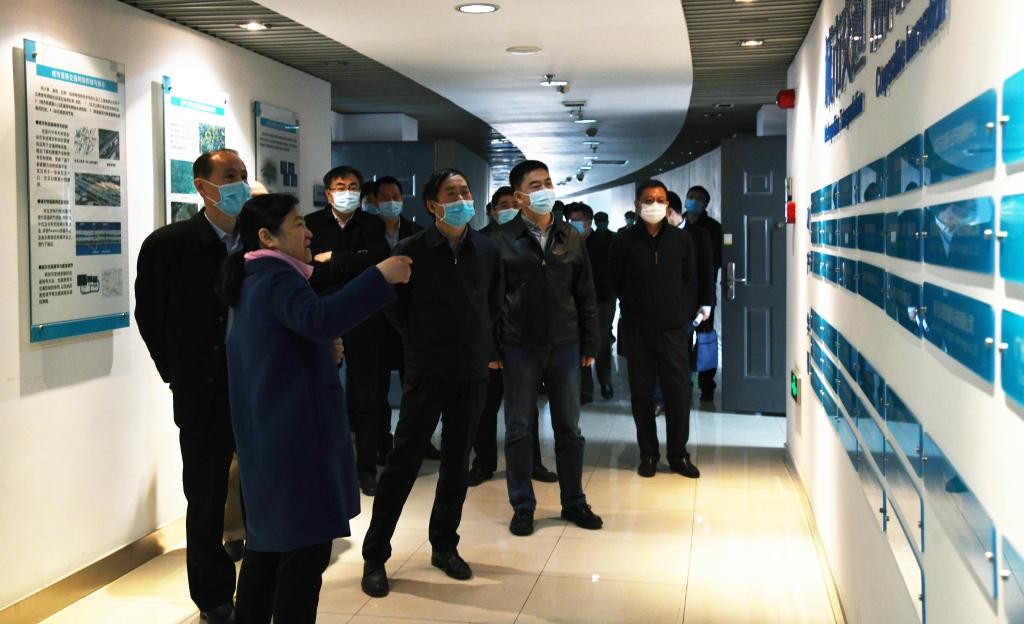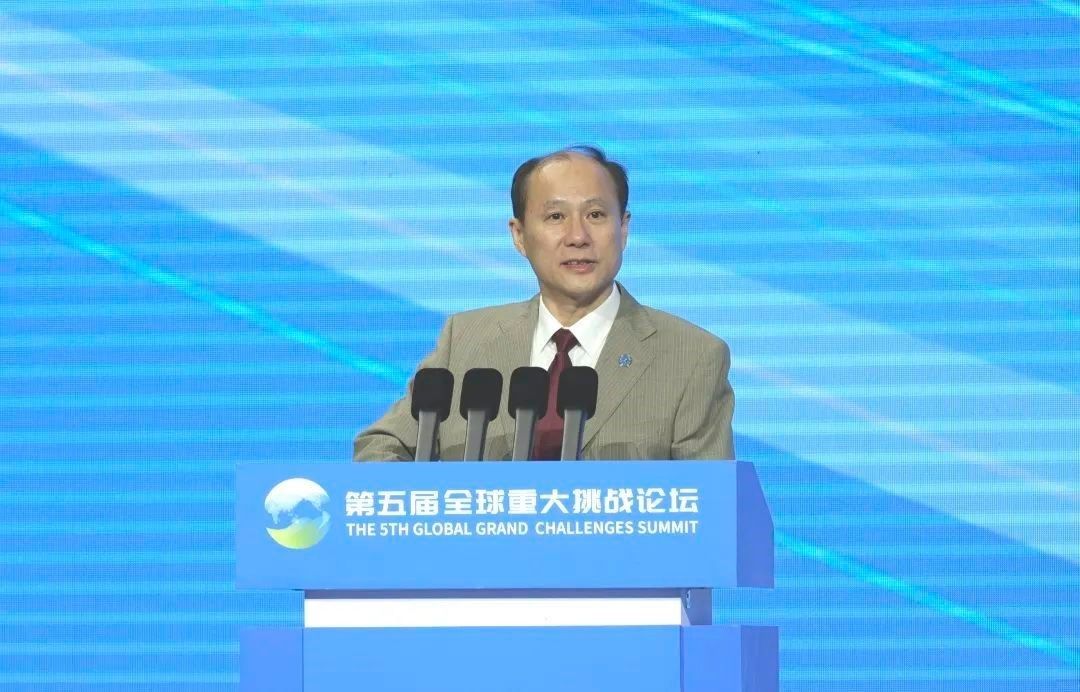- Academics+
- Colleges & Institutes
- Undergraduate
- Graduate
- International Education
- FACULTY LISTINGS/SUPERVISORS INFORMATION
- College of Architecture and Civil Engineering
- College of Architecture and Urban Planning (CAUP)
- College of Art and Design
- College of Chemistry and Life Science
- College of Computer Science
- College of Economics and Management
- College of Environmental Science and Engineering
- College of Foreign Languages
- College of Marxism
- College of Materials Science and Engineering
- College of Mechanical and Energy Engineering
- College of Metropolitan Transportation
- School of Information Science and Technology
- School of Mathematics Statistics and Mechanics
- School of Physics and Optoelectronic Engineering
- School of Sociology
- Admission+
- Research+
- Global+
- Life @ BJUT+
- About+
BJUT always keeps its eyes on cutting-edge issues in environment protection. The Chinese government announced at the 75th session of the UN General Assembly on September 22nd, 2020 that“China will scale up its Intended Nationally Determined Contributions by adopting more vigorous policies and measures. We aim to have CO2 emissions peak before 2030 and achieve carbon neutrality before 2060.” BJUT will also contribute its expertise to attaining the vision, and the goal of building Beautiful China.
With a view to the "policies and technologies for achieving the peak & neutrality goal", BJUT has made major breakthroughs in areas such as energy and climate policy research, material life cycle assessment, the control of GHG and other pollutants, green building technologies and low-carbon, environment-friendly materials. These have laid a solid foundation for BJUT’s scientific research in environment protection.
In 2016, BJUT established the Beijing-Tianjin-Hebei Green Development Institute to share expertise with other universities and colleges of the region, removing obstacles to the green development of Beijing, Tianjin and Hebei.

The establishment of Beijing-Tianjin-Hebei Green Development Institute
In 2017, BJUT was approved to establish the National Engineering Laboratory for Industrial Big-data Application Technology and set up China’s life cycle big-data application technology platform for process industry.

The Unveiling Ceremony of National Engineering Laboratory for Industrial Big-data Application Technology
Moreover, BJUT founded the Institute of Technological Innovation for Urban Carbon Neutral and held an academic seminar themed on "Innovation in Urban Carbon Neutral Technology". These efforts have made for the integration of useful resources from multiple disciplines and for more breakthroughs, representing BJUT’s contribution to Beijing’s peak & neutrality goal.

Xu Nanping, Vice Minister of Science and Technology, visited BJUT to inspect the carbon neutrality work
The 5th Global Grand Challenges Summit (GGCS) began on the evening of September 18th, 2023 at the Beijing University of Technology's Olympic Stadium and lasted for three days. It was co-organized by the Chinese Academy of Engineering (CAE), the US National Academy of Engineering (NAE), and the Royal Academy of Engineering (RAEng), and was hosted by BJUT. As a top academic exchange platform, the forum is a model for global scientific and technological cooperation and exchange, and a bridge for scientific and technological cooperation between the three countries.

On September 19th, the 5th GGCS Summit entered its second session, focusing on "Engineering the Transition to Carbon Neutrality". The keynotes and panel discussions were chaired by Prof. Nie Zuoren, CAE Member and President of Beijing University of Technology. Keynote speakers and scholars engaged in fruitful discussions, sharing their thoughts and insights on the topic of carbon neutrality, bringing forth innovative ideas and fresh perspectives, and setting a new pinnacle of scholarly exchange.
Read more news on carbon neutral:
- 【GGCS 2023】Session 2: Engineering the Transition to Carbon Neutrality
- 2023 National Low Carbon Day Public Institution Theme Event was Held at BJUT
- BJUT Participated in the Design of “Carbon Neutrality” Theme Park
- BJUT Held “Symposium on Selection of Carbon Neutrality Realization Path and Policy”
- BJUT Held Academic Seminar Themed on "Innovation of Urban Carbon Neutral Technology"
- BJUT Establishes the Institute of Technological Innovation for Urban Carbon Neutral Neutrality




